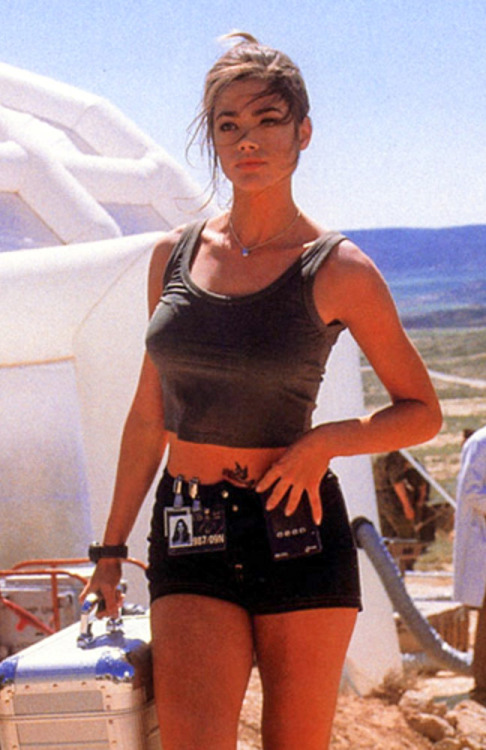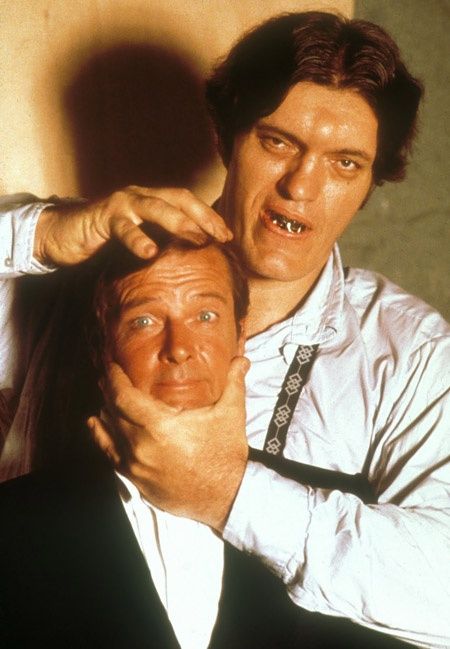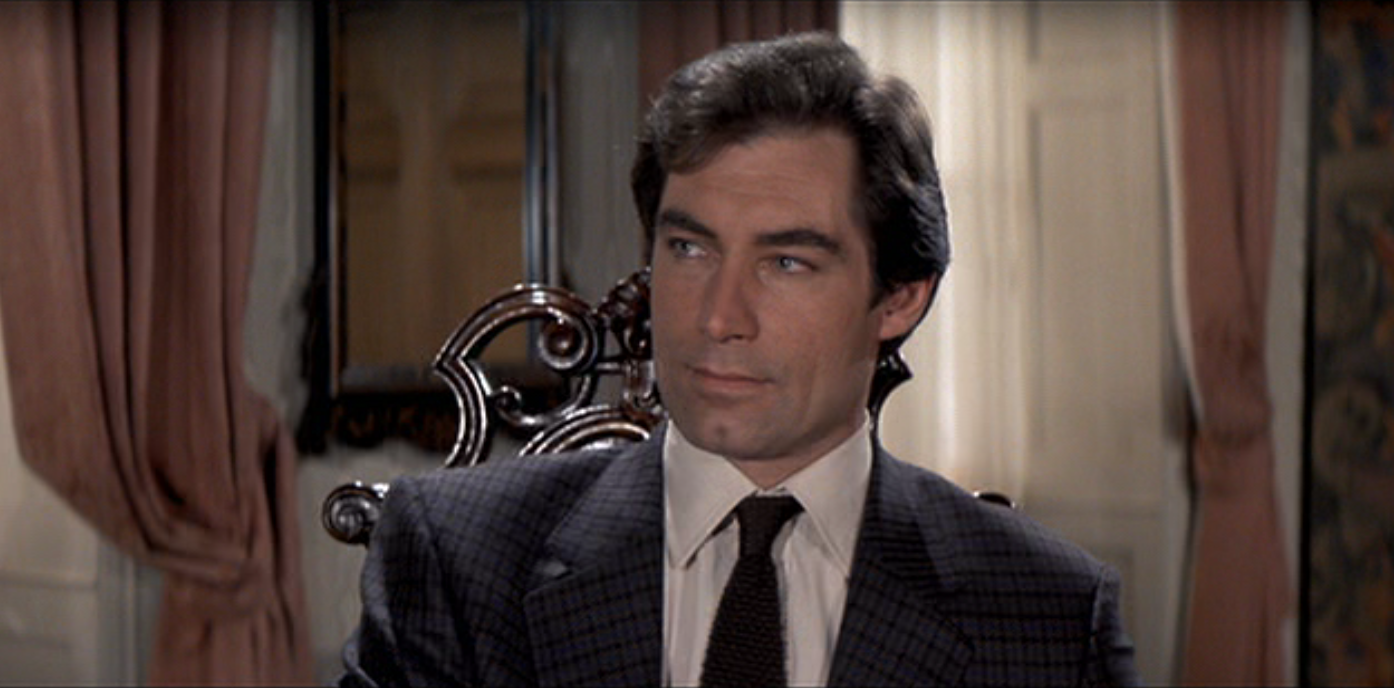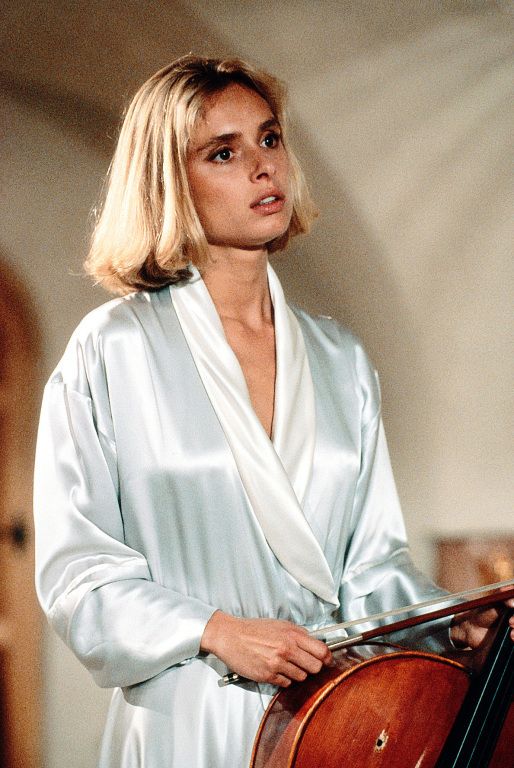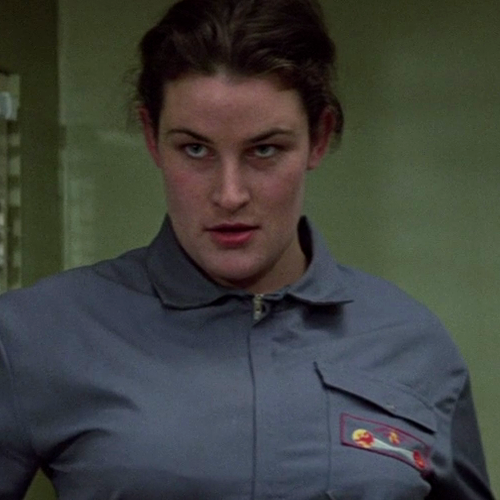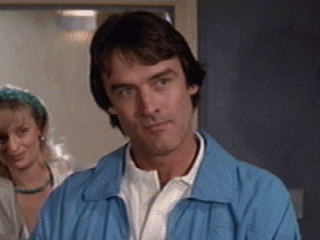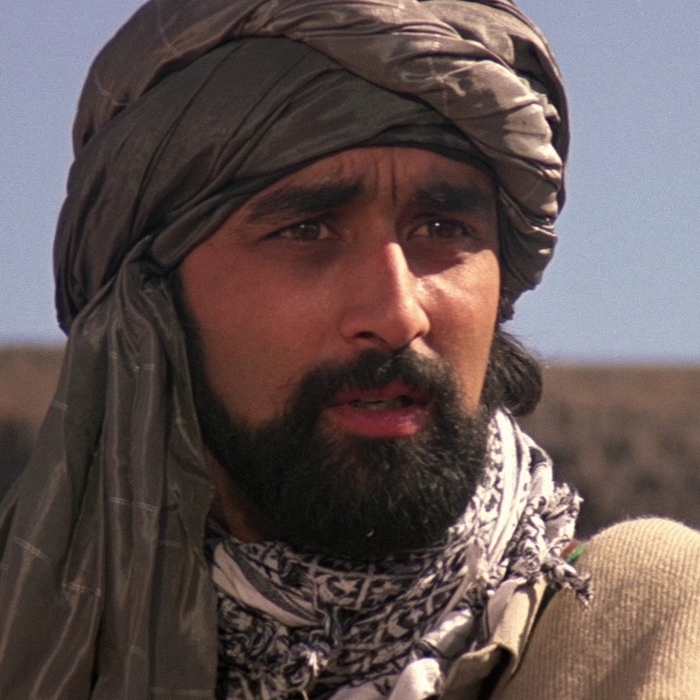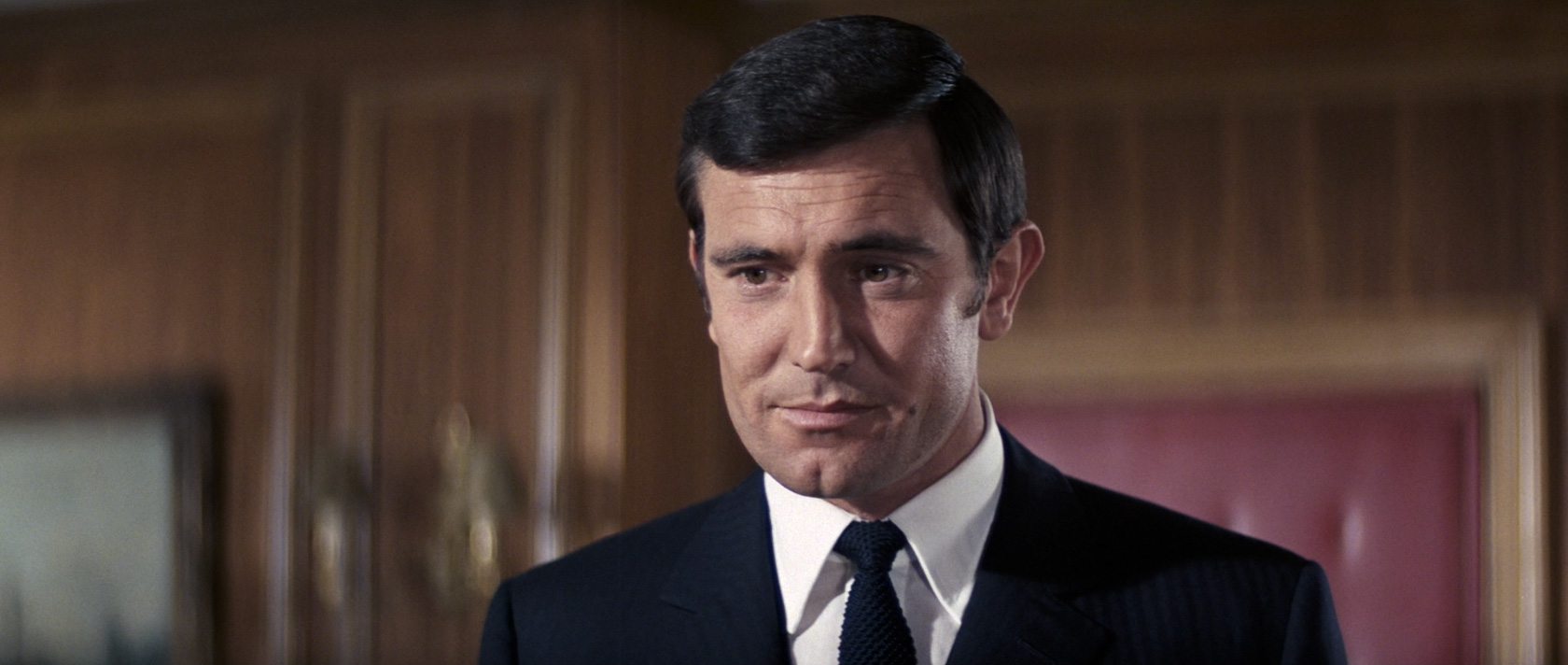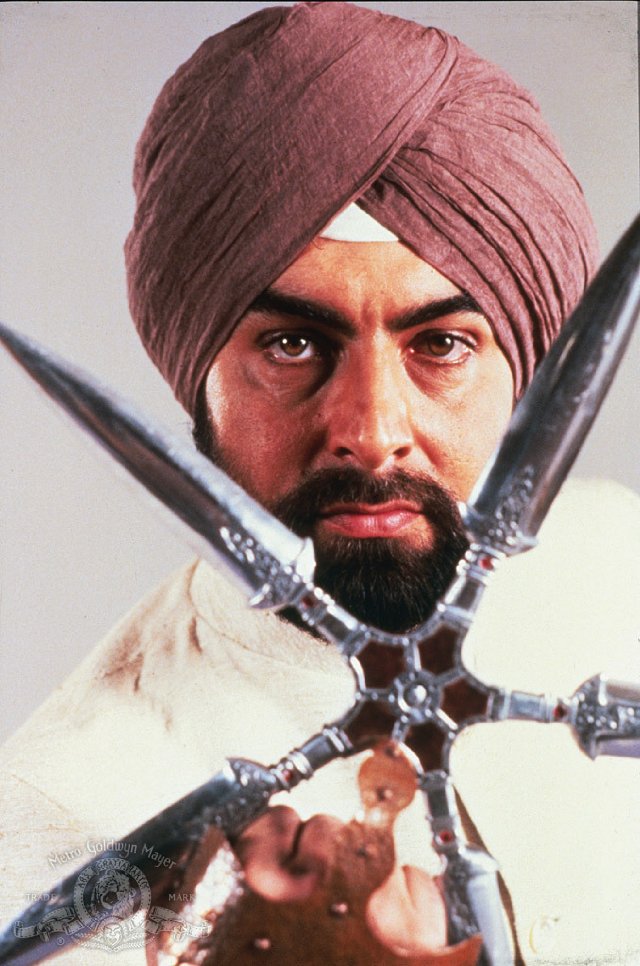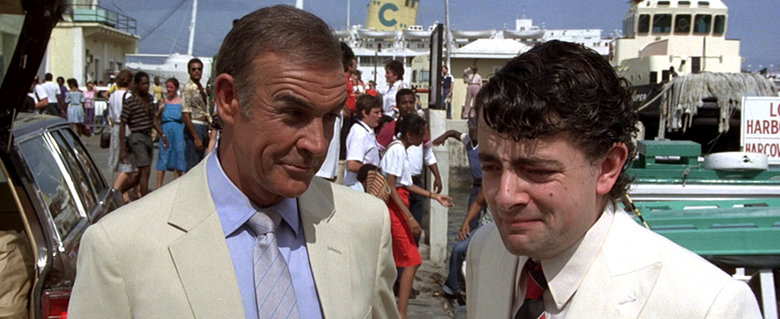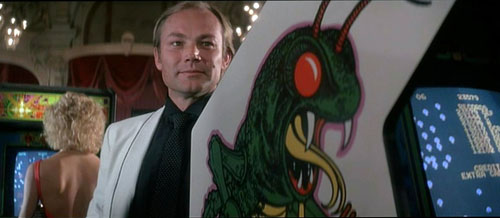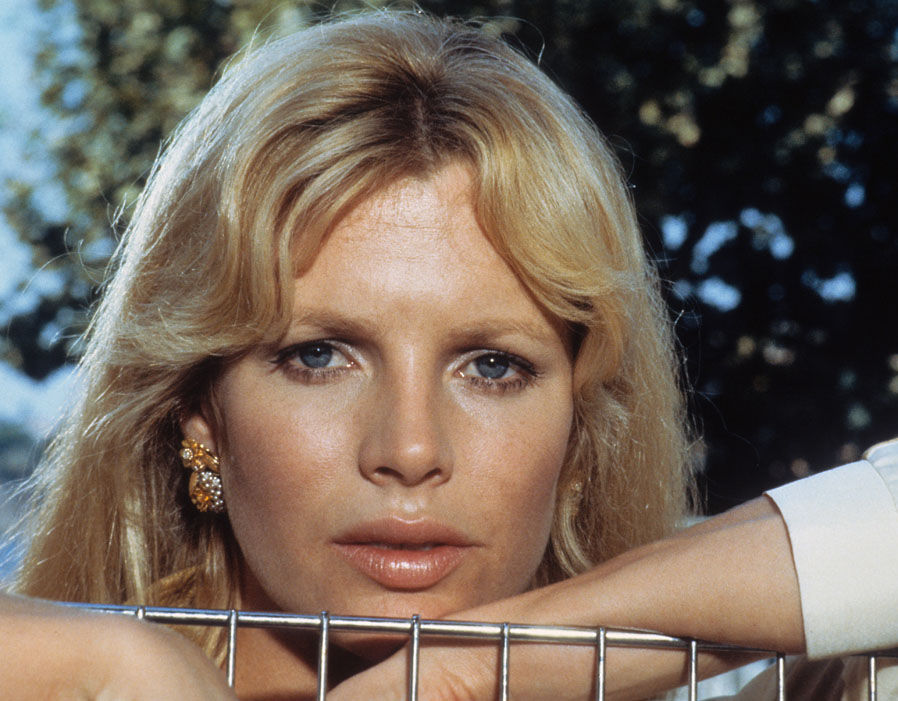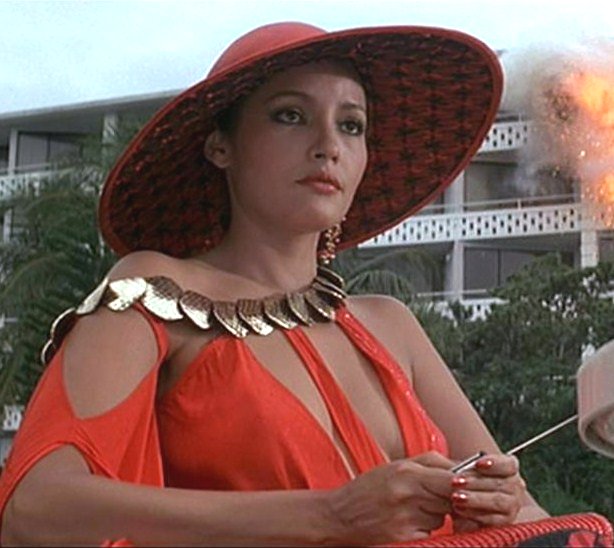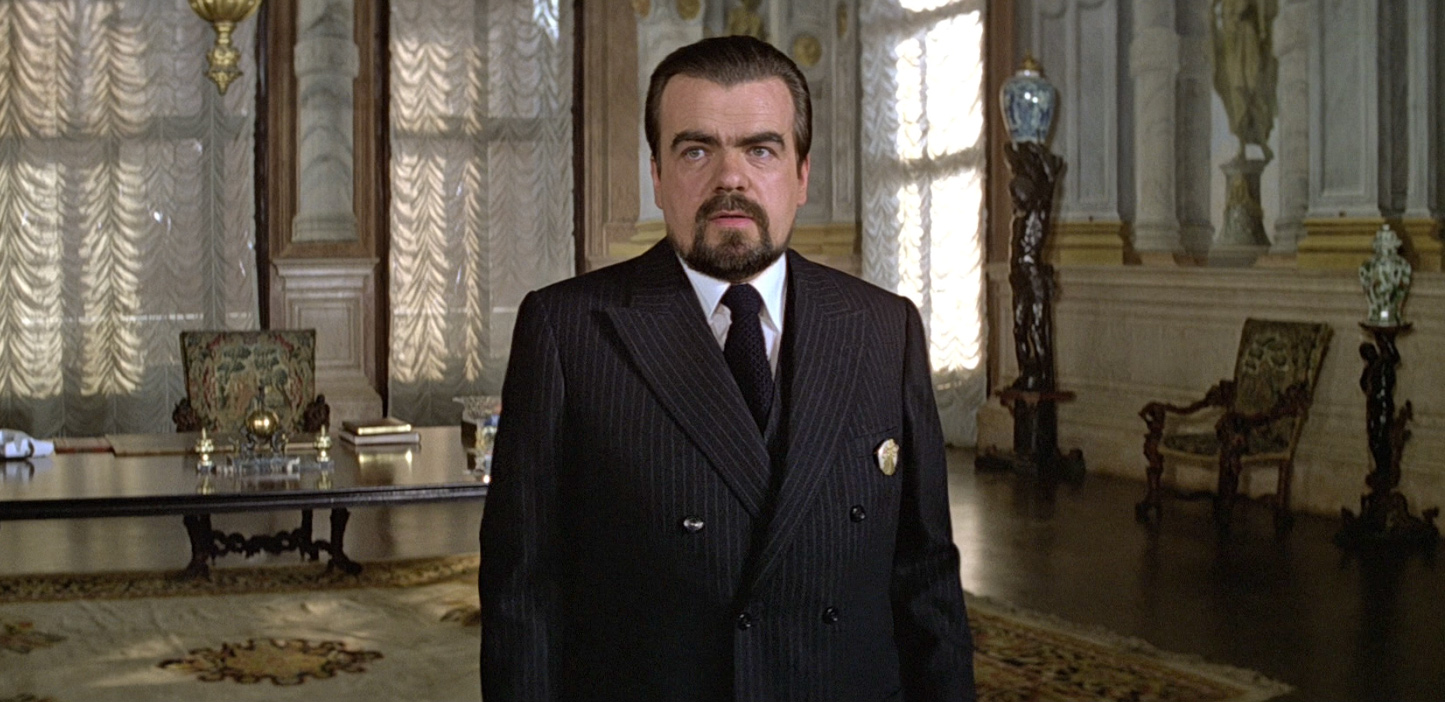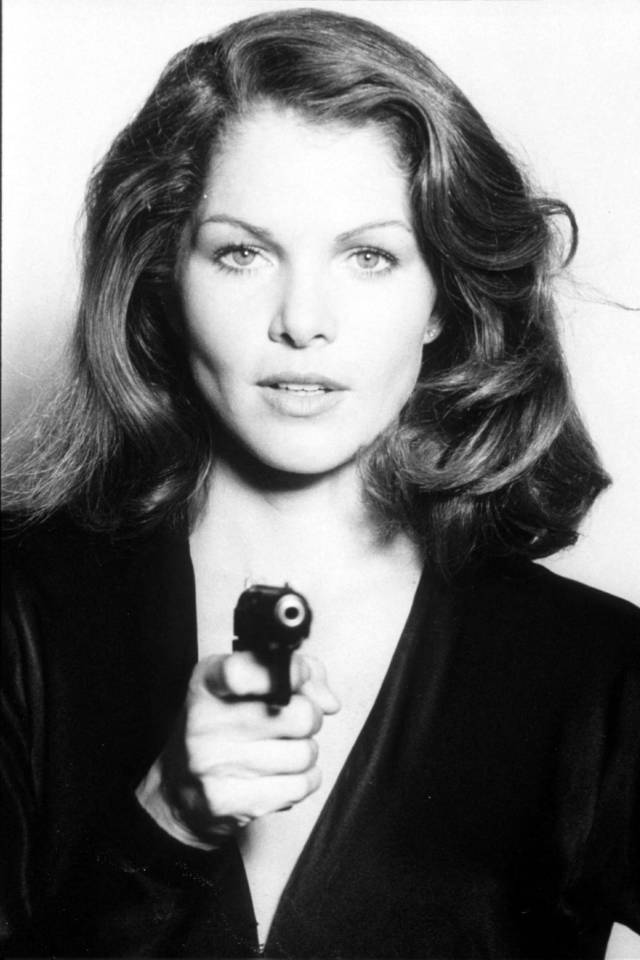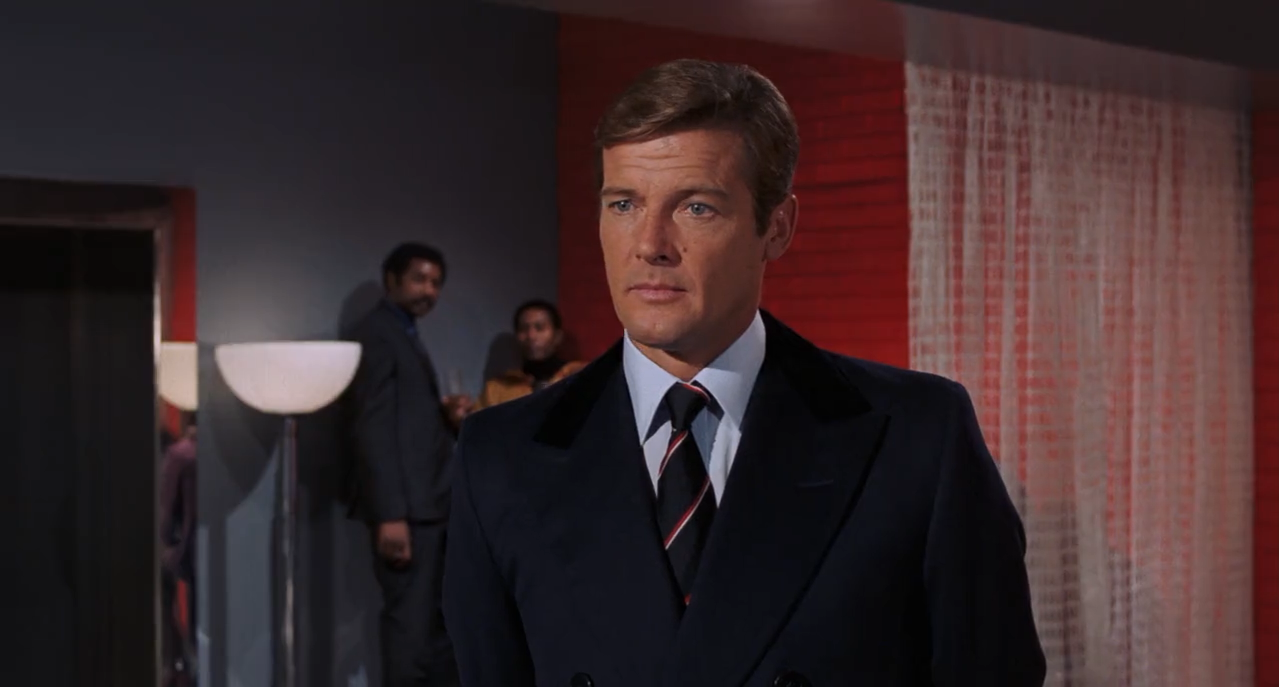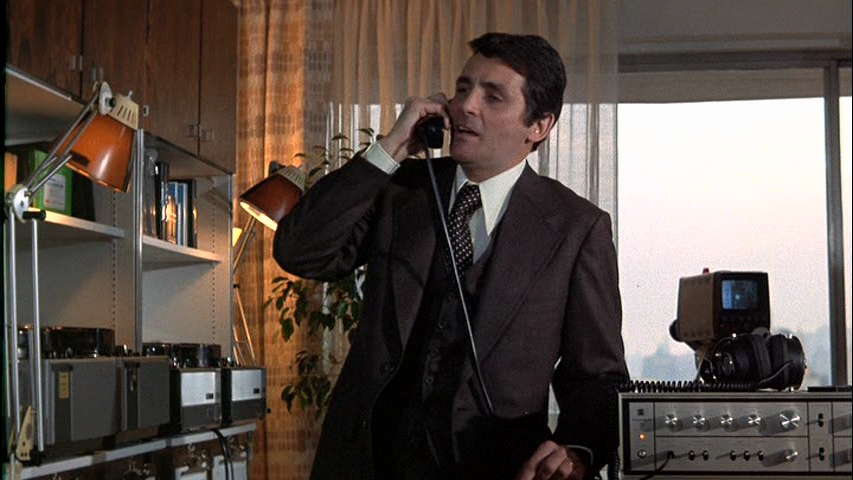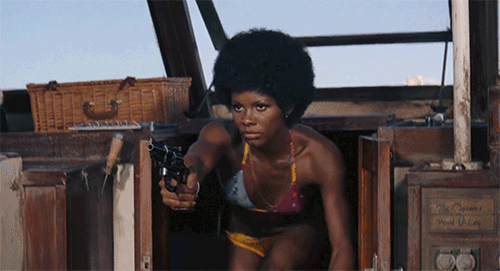 Before I first met Gloria Hendry at the Bond Collectors Weekend, which took place in New Orleans over the weekend of September 29 through October 1, I wasn’t quite sure what to expect. I’d heard the words “strong” and “feisty” in conjunction with her name, but by the time the weekend was over, I would need to add the words “articulate”, “passionate”, “outspoken” and “inspiring” to this article.
Before I first met Gloria Hendry at the Bond Collectors Weekend, which took place in New Orleans over the weekend of September 29 through October 1, I wasn’t quite sure what to expect. I’d heard the words “strong” and “feisty” in conjunction with her name, but by the time the weekend was over, I would need to add the words “articulate”, “passionate”, “outspoken” and “inspiring” to this article.
On a Sunday morning, overlooking the grand Mississippi with its tramp steamers and paddleboats and with some light jazz tunes breezily playing in the background, a packed meeting room of 75 to 100 guests sipped on champagne and dined on sautéed duck, seasoned lamb, crawfish, crabs, shrimp etoufee, grilled salmon, jambalaya, a wide assortment of meats and cheeses, pasta salads and a host of different desserts while listening to Gloria Hendry explain a bit about herself, who she was, why she was here and how she came to be an actress. When the champagne brunch concluded several hours later, Mrs. Hendry had received three standing ovations, was literally moved to tears by the warm reception, and posed for dozens of pictures and autographed countless photographs and books. It was the perfect ending to a weekend of official festivities. But the path that took Mrs. Hendry to that point wasn’t always perfect, and she was honest and open about the difficulties she’s had to overcome in order to be the strong and passionate woman she is today.
That Mrs. Hendry didn’t fall through the cracks of society is a testament to her fortitude and strong character. Lesser people raised in similar circumstances would have succumbed to the temptations of drugs or street crime. Mrs. Hendry had certainly seen it happen to her friends and neighbors growing up.
A native of Jacksonville, Florida, Mrs. Hendry has both Seminole and Chinese blood in her heritage. In an unflinching manner she related to the audience the struggles her family had gone through. Her Grandfather was a sharecropper, and her great-aunt was a slave, or “mandingo” (a slave purposefully used to breed more slaves for future use on the plantations). She came from a strong, conservative, strict family that didn’t care for her rebellious, headstrong ways when she was a child. When her mother would drop her off at church, Gloria would wait for her to leave, then sneak out a back door and go do her own thing.
In a community where girls had babies as young as 12 or 13, Gloria remained a virgin until she was 18. The guys in the neighborhood often only wanted one thing from the other girls, and Gloria had to learn how to fight like a boy from other boys. Walking like a dude didn’t hurt, because it helped her send out a message that she wasn’t one to be messed with. Today, she can curl 900lbs with her legs and 45lbs with her arms. She remains an avid gym enthusiast.
She eventually left Florida and moved to Newark, New Jersey to work as a legal secretary with the NAACP (National Association for the Advancement of Colored People). Despite the fact that the area was more cosmopolitan and progressive thinking in the late 60’s/early 70’s, she still had to contend with bomb scares and the occasional racist remarks. She dared to dream, but even some of her own people told her that she could never hope to be anything more than a legal secretary for a law firm because of the color of her skin.
Her first big screen appearance was the 1968 film For Love of Ivy with Sidney Poitier and Abbey Lincoln. That lead to her receiving the coveted position of Playboy Bunny. Not only did she pose for Playboy, she also worked as a Bunny in the clubs and performed a variety of musical revues. The work with Playboy came as a surprise, since she fully expected to be turned down because of her race.
While she was working as a Playboy Bunny, she also juggled a music and modeling career. She was the first black female to do commercial or print endorsements of such products as After Six Tuxedos, Planters Peanuts and Viceroy Cigarettes. She also had a record deal with Singers Studios International, but the effort failed to launch her career in the way in which she would have liked. This was okay with her, because she was making very good money between her modeling, Bunny and endorsement jobs. The money she made allowed to her to travel around the world to such places as Europe and Jamaica. Back in those days, because she dressed nice, was young, single, attractive and financially independent, she was often presumed to be a prostitute.
She took her friends suggestions to move out to California and within a week of arriving had gotten herself an agent. She was soon cast in BLACK CAESAR and later was in HIT MAN with future Felix Leiter star Bernie Casey. She got the role in BLACK CEASAR because she was willing to do the nudity that the role required. As a Playboy Bunny, being nude was not necessarily an obstacle for her, but for other black actresses, it was downright impossible. Black actresses, as a general rule, did not do nudity because it was deemed as a reminder of the past when black slaves, both male and female, would be completely stripped down so that their masters could get a good look at the kind of stock they were attempting to purchase. Not only would Gloria have to change the minds of white people, but she`d also have to break down barriers from within her own community.
Gloria picked up a few more film roles in the early 70`s and found that herself landing right in the middle of the “Blaxploitation” film period; she would soon become a diva of the genre, alongside Foxy Brown’s Pam Grier. “Blaxploitation” is a term often used to refer to the sudden surge of black talent both in front of and behind the camera, sometimes with mixed results. Some of the films were quality pictures, while others were made on a small budget, with one take and most actors and actresses doing their own stunts. Soon, motion pictures featuring all black casts were being made, crossing over to mainstream audiences (i.e. white) and making money. While some film historians prefer to call that period “blaxploitation”, Gloria likes to call it the “Black Renaissance”. She’s more right than she may know. For while Live and Let Die is unfairly pegged as a blaxploitation Bond film, it is also worth noting that had this renaissance not come about, Live and Let Die may very well have never been made. For years the producers refused to bother with the book, citing its black villains and racial overtones as too touchy to deal with. When the black renaissance began, it gave the producers a fresh opportunity to take another look at Ian Fleming’s book and attempt to make a film out of it.
As knowledgeable readers of this website and Bond fans know Diana Ross was under serious consideration to play the role of Solitaire, the role of a white, female fortuneteller written by Ian Fleming. The producers felt that if any black female celebrity could pull this off and make it acceptable to white audiences, it had to be the enormously popular soul singer. Tom Manciwiecz, the writer, lobbied hard on behalf of the effort, but the studio was concerned that a new James Bond and a black leading lady may be too much, too soon. So, a compromise was reached. The role of double-dealing, CIA operative Rosie Carver would go to a black actress. Gloria had to pay her own way to audition for the role of Rosie Carver (which is standard practice in the industry), a role she fully expected not to get. But she did.
Soon, worldwide the headlines were playing up the fact that James Bond would be married to a black woman in the next film. The attention paid to Gloria was enormous and in some areas of the world she was receiving co-billing with Roger Moore. The newspapers in Jamaica, under the mistaken belief that Mrs. Hendry was native, proudly declared on the front pages: “JAMAICAN GIRL COMES HOME”. The media frenzy was on. But at the same time, in some parts of the world and the United States, Mrs. Hendry was not accepted as being a legitimate Bond Girl. Her image was removed from publicity materials in South Africa, her love scene deleted and in some places, her name was taken out of the credits and off the poster. The fame was truly a double-edged sword. She dined with the President of Jamaica, was treated like royalty by Harry Saltzman and Cubby Broccoli, and even fell in love. Yes, Gloria got her groove back in Jamaica.
But there was also an almost apologetic feel from the cast towards Gloria that she at first didn’t fully quite understand. Because Bond’s world had almost always been white, Gloria had never kept up with the films, nor the casting decisions that went into them. Going into the film, she was unaware that a black actress (Diana Ross) had been considered and then turned down for the role. People felt that they had to remedy that situation by being extra nice to Mrs. Hendry. The producers even flew Mrs. Hendry’s mother down to Jamaica first class for Christmas.
Mrs. Hendry had more to offer the audience than simply a retelling of her Bond experience. She also took the time to explain the rise and fall of the “Black Renaissance” period. I was curious as to what created the black film movement from a time in which there was no representation, to a time when blacks actors were prominent on screen, only to see it all fall apart by the mid to late 1970s. Mrs. Hendry was a victim, but not a casualty, of the implosion that occurred among the black film industry. The films of that genre were noted for their sex, nudity, violence, drug use and profanity and leading black organizations, such as the NAACP and the Southern Christian Leadership Conference (SCLC), were not pleased with the images that those films were providing America. They began to interfere with the creative process, and demanded that the studios not release these films without first screening the films to the organizations or at least allowing the NAACP or the SCLC to approve the scripts. In addition, the NAACP and the SCLC wanted to be paid to approve what the black community could write and film. The ensuing result was that the black film movement imploded on itself and the damage trickled down to Mrs. Hendry as well as countless other actors and actresses for whom previously opened doors suddenly became tightly shut. That might have been the final chapter for many people, but Mrs. Hendry seems to be able to survive and even thrive in spite of adversity. She’s not a woman to be pushed around. She’s a strong-headed, independent, articulate speaker and her candor is refreshing.
She`s even modest about her own contribution to the world of James Bond. Halle Berry and Thandie Newton can thank Mrs. Hendry for breaking down the interracial barriers that allowed them to star as love interests for Kurt Russell in EXECUTIVE DECISION or Tom Cruise in MISSION:IMPOSSIBLE-2. In 2000, these interracial relationships are a non-issue for most moviegoers, but it took the hard work and determination of Mrs. Hendry in 1973 for black actresses to enjoy the freedoms they do today.
Mrs. Hendry lives in metro-Los Angeles with her husband and is currently writing a book about her experiences. She appeared at our Bond Weekend III.

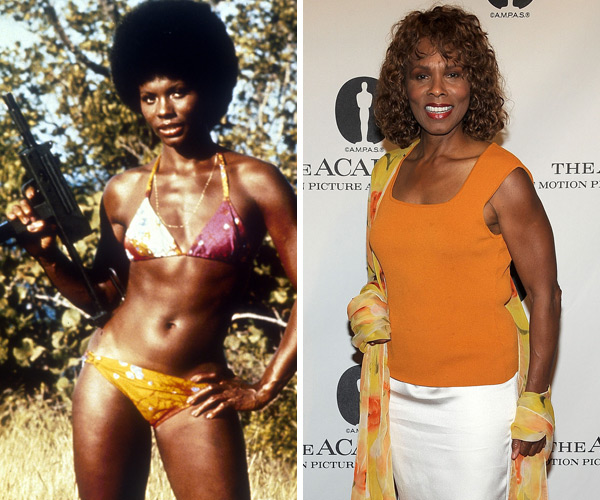
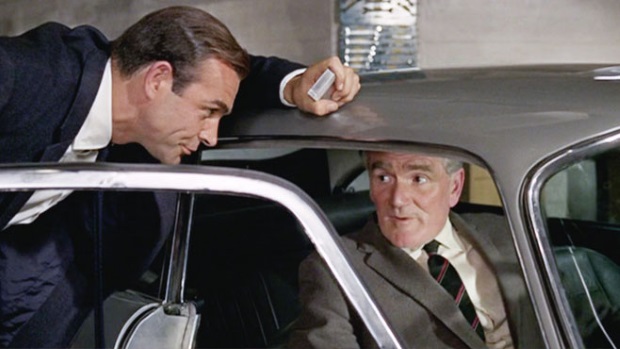
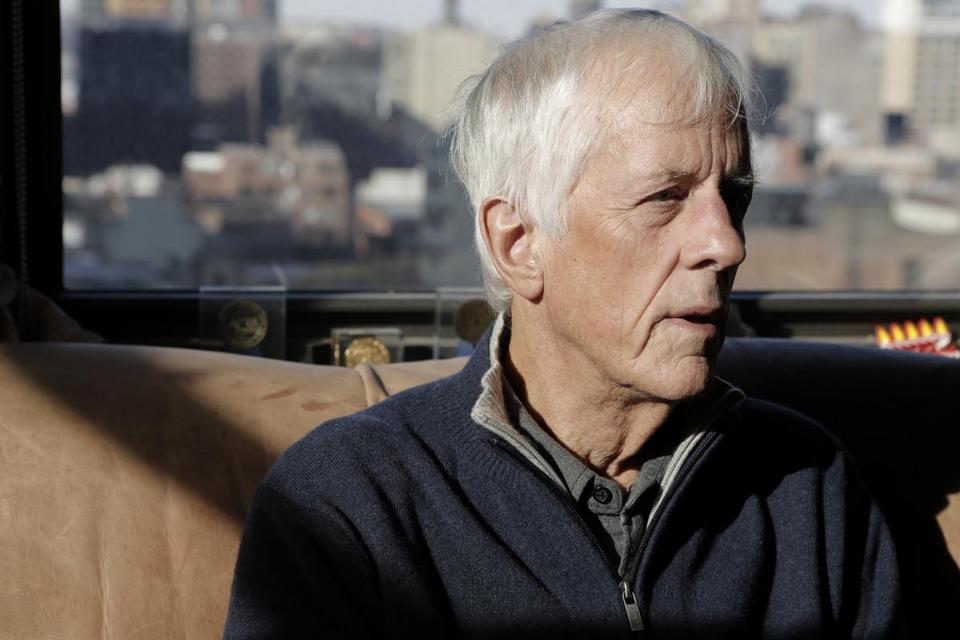
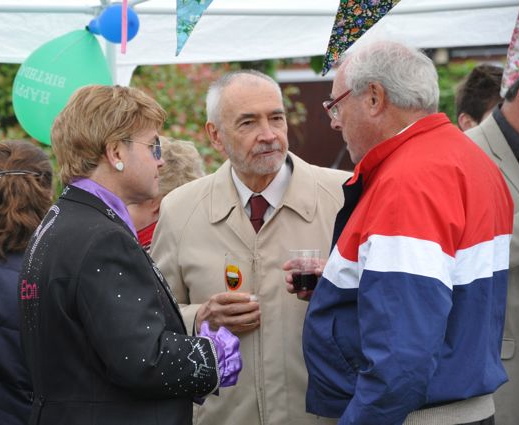
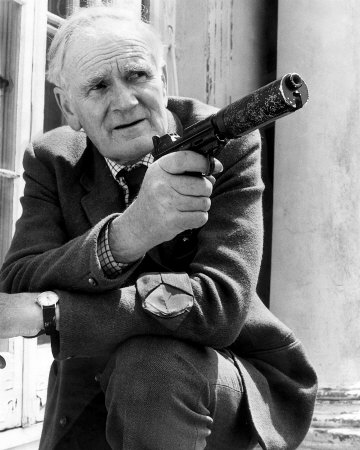
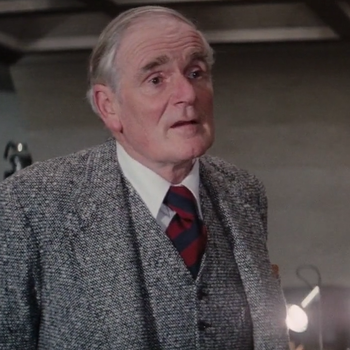
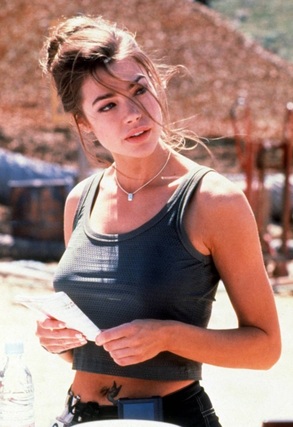
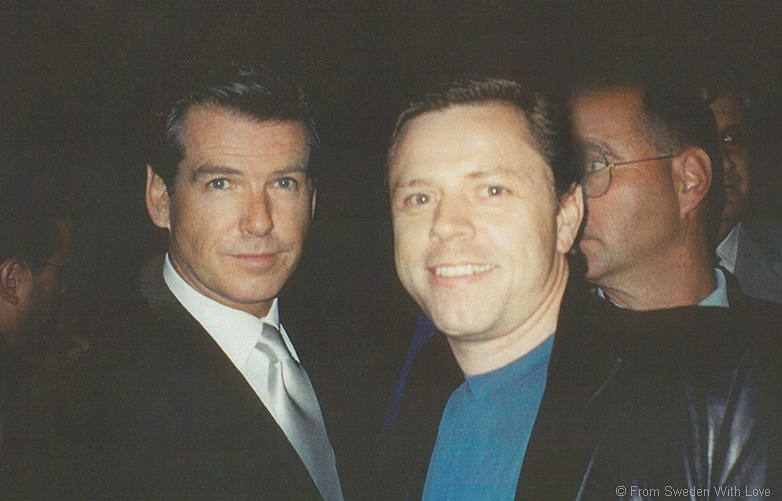
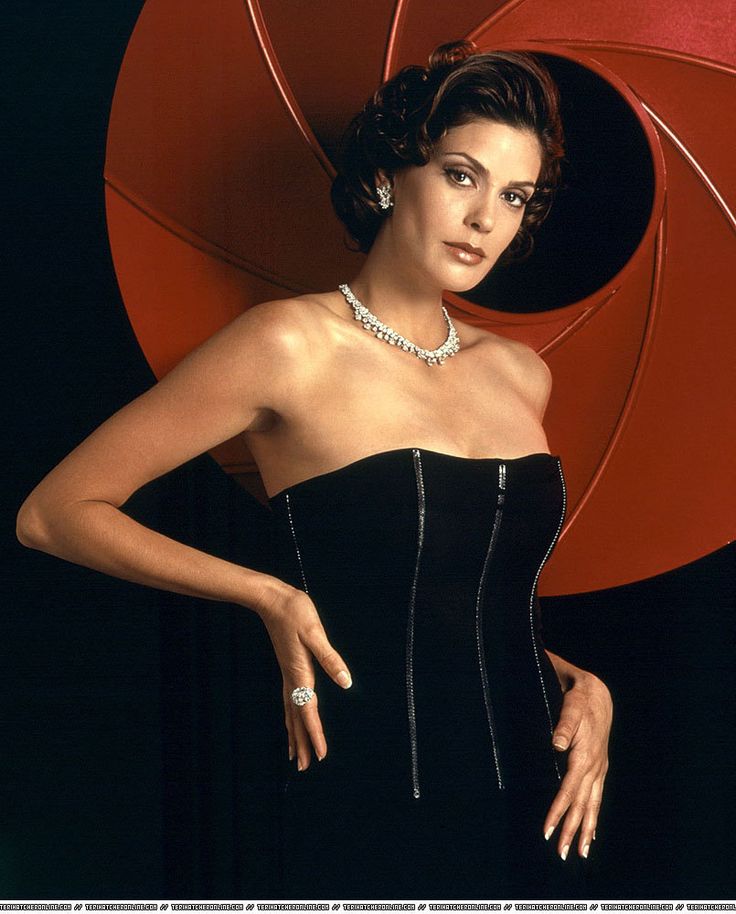
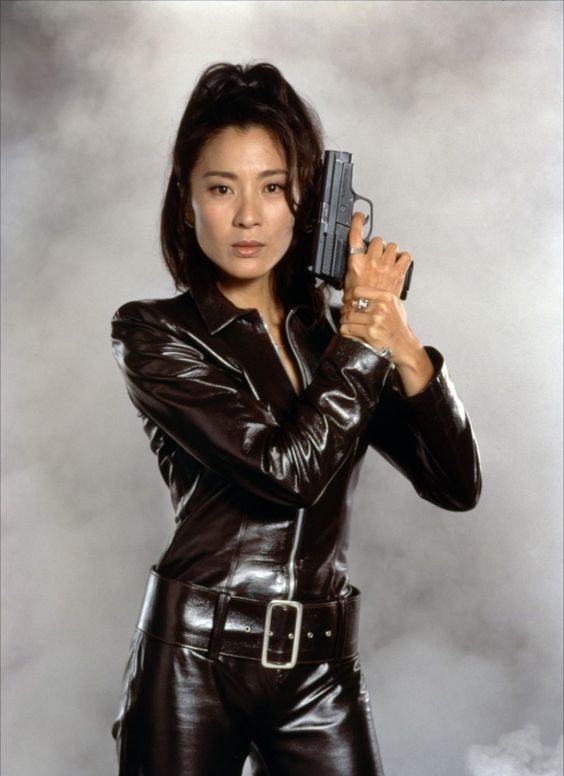
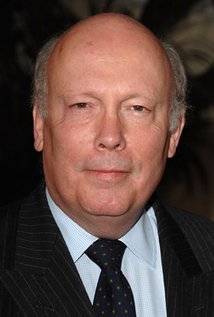
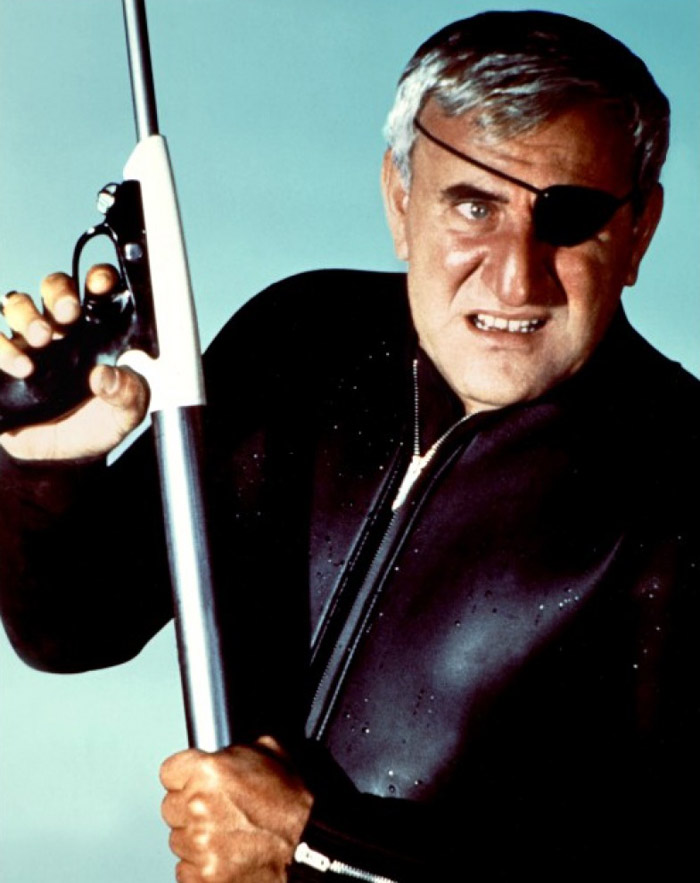 Belief that something bad will happen if things aren’t
Belief that something bad will happen if things aren’t 